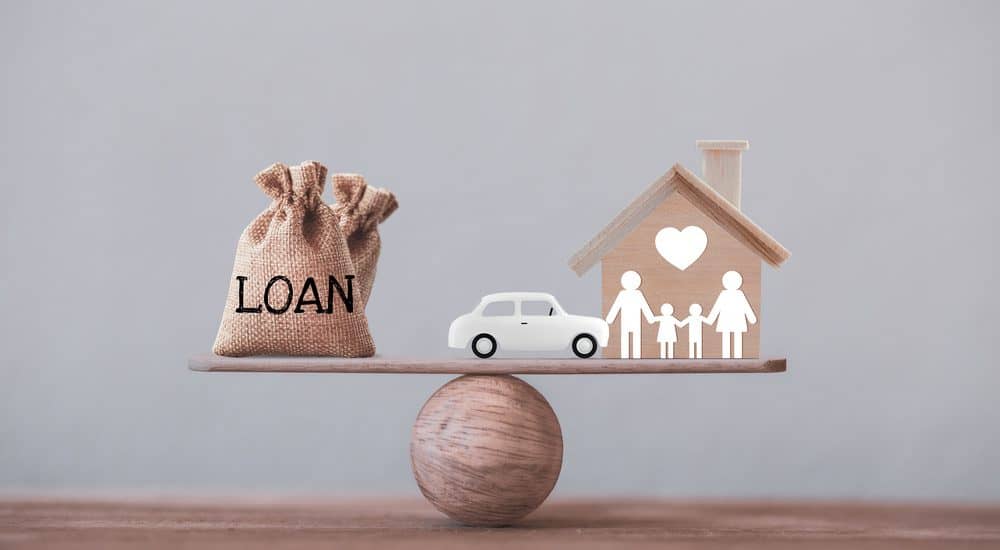
Getting a loan isn’t easy, especially if you don’t have a good credit record. Before lenders gives you a loan, they want to know if you can repay it. This confirmation is why most lenders require a form of security; they’re taking a risk. They’ll require you to provide collateral for the loan to minimise the risk involved in lending you money.
What Is Collateral?
Collateral is a valuable possession or asset in the form of property that you can use to secure a loan. Examples of these personal valuables include cars, bonds, stocks, real estate and others. When you use such assets to secure a loan, it becomes a collateral loan. Collateral loans make it easier for people with low credit scores to get loans.
How Collateral Works
A collateral loan is also a secured loan as some form of collateral guarantees it. When you provide collateral, you agree to give the lender complete control of the asset should you fail to fulfill the payments.
On the other hand, an unsecured loan isn’t guaranteed by collateral. You only need a solid credit history to qualify for one.
It’d be best if you did some things before you get a loan secured by collateral. You must have a property you can use as collateral for the loan. The property has to be entirely yours for it to qualify as collateral. If you’re paying another loan with your house or car as collateral, then you can be eligible for a loan with the same as you’ll learn on this next page.
When you want a loan, the lender will ask for collateral that can be used as repayment should you default on the loan. When it comes to mortgages and car loans, the item purchased remains as collateral until you complete payment. If you default or cannot finance the loan, the lender will seize the collateral and sell it to complete the outstanding balance.
Although secured loans have less risk than unsecured loans, they have certain advantages. Once you put up collateral, you’ll receive better terms, such as lower interest rates, higher loan amounts and extended repayment periods. Examples of secured loans include mortgages, auto loans, savings accounts, home equity loans, margin trading and credit cards.

Residential Mortgages
The house that you’re buying is the collateral of the mortgage loan. The loan provider can initiate legal proceedings if you stop paying the mortgage. These proceedings might lead you to lose your house through foreclosure. Once the house is in the possession of the lender, they can sell it to repay your loan balance.
Home Equity Loans
A home can also be collateral based on its financial worth to get a second loan. You can apply for additional loans if you have a mortgage or own a house. The only catch is that the loan amount cannot exceed the available equity. If a home’s value is estimated to be USD$250,000, and USD$175,000 of the primary mortgage remains, then a second mortgage can only be USD$75,000.
Margin Trading
Margin trading refers to investing in stocks, and collateralized loans can also be used here. The balance available in the brokerage account is used as collateral when an investor borrows money from a broker to purchase shares. When an investor increases the number of their shares, they multiply the potential gains should the shares increase in value. However, if the shares’ value decreases, the account serves as collateral to cover the loss.
Collateralized Personal Loans
One can take a personal loan and use the funds as one wishes. Some reasons people take personal loans include debt consolidation, medical expenses, auto repairs or home improvements. If you have a poor credit history, it can be challenging to qualify for a loan.
However, the good news is that you can get a collateralised personal loan in such circumstances. You must submit an asset that equals or exceeds the amount of loan you require. The collateral assures the lender that you’ll repay the loan in full, but if you fail to do so, they’ll sell the asset to recover the loan.
Summary
Collateral loans are risky as you could lose your valuable asset if you fail to honour the repayments. However, if you have a solid financial standing, then a collateral loan can be worth it. Securing a loan ensures you enjoy lower interest rates for a larger loan that you’ll repay in an extended period. That can help ease some pressure while allowing you to save some money.